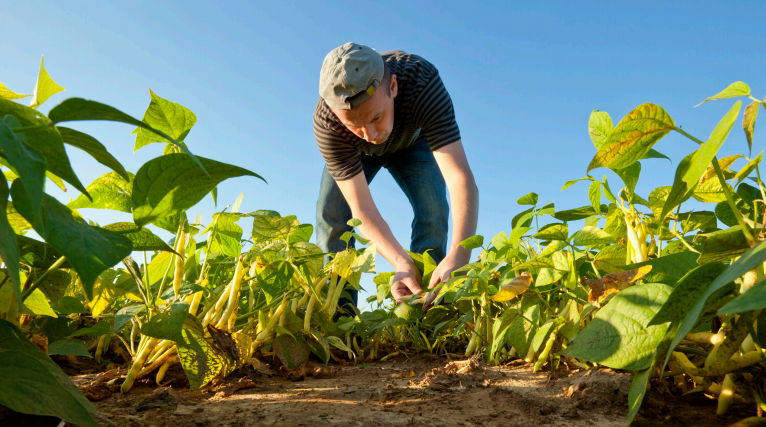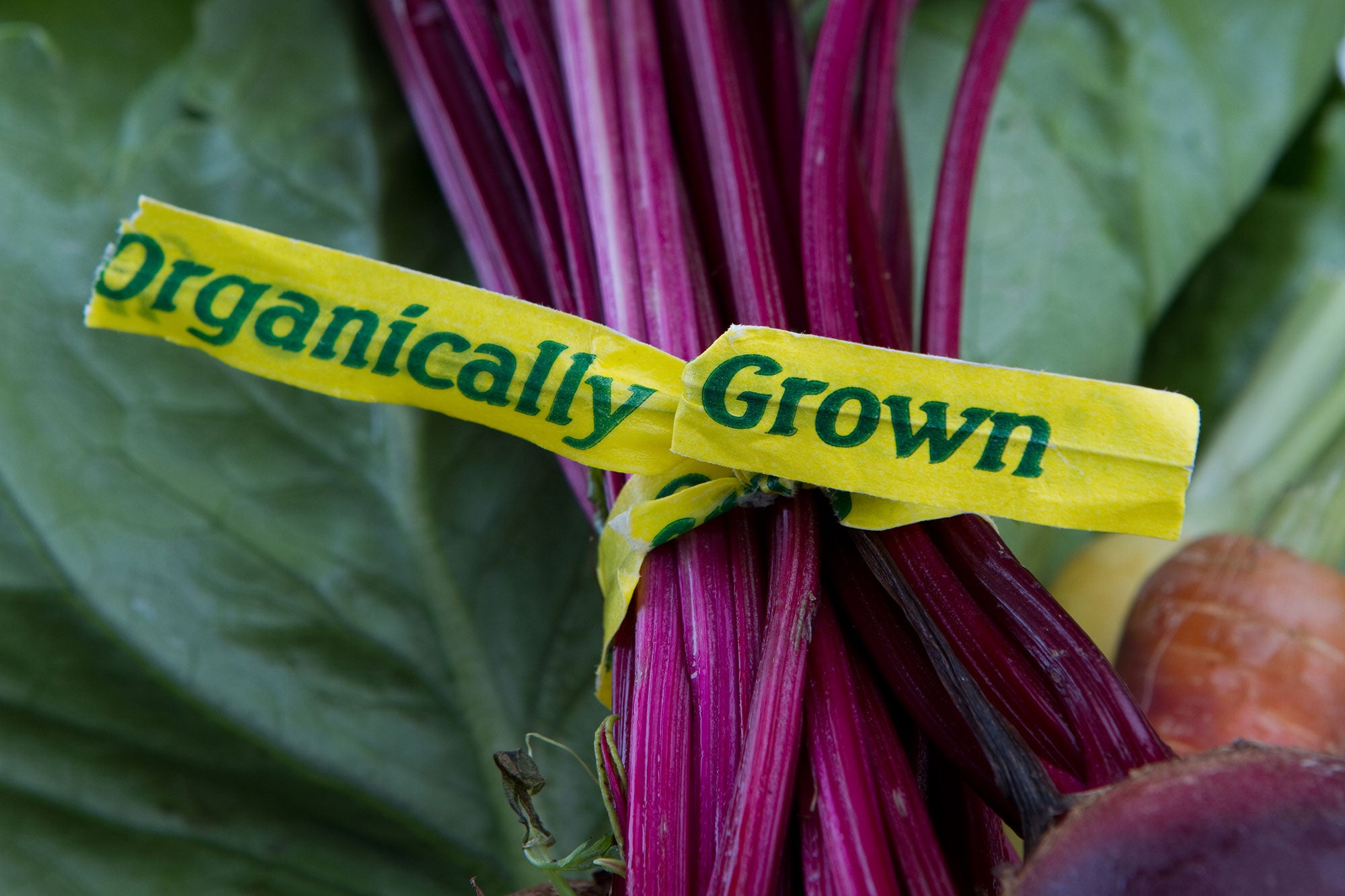DAILY Bites
-
The average net return for organic commodity crops has plummeted to the lowest ever recorded.
-
As prices have returned to pre-pandemic levels, farmers are left struggling to cover their costs.
-
Based on the trends, research firm Argus said the outlook for 2024-25 remains equally precarious.
DAILY Discussion
Farmers producing organic crops like corn, soybeans, and wheat are facing a financial squeeze as falling commodity prices have led to the lowest net returns on record, according to the latest economic research.
A study from Argus noted that, despite improved crop yields and generally lower production costs in the 2023-24 marketing year, the average net return for these three crops plummeted to just $42 per acre, the lowest ever recorded.
The sharp decline in prices for organic crops has been a major factor in this downturn. Organic feed-grade corn, for instance, fell by $2.95 per bushel compared to the previous year, dropping to $7.78 per bushel, the lowest price on record. Organic soybean prices, while still above pre-pandemic levels, fell by $7.77 per bushel to a three-year low of $20.07 per bushel.
Although organic wheat prices rose slightly due to drought conditions, they too have begun to decline, with organic soft red wheat dropping by $2.76 per bushel in August 2024 compared to the prior MY.
Argus warned that the outlook for 2024-25 is equally precarious. Based on current trends, organic farmers could face further financial challenges. “At August price levels, with operating costs and yield holding constant with 2023-24, organic corn would produce a negative return of -$66/acre,” the report notes.

Similarly, organic soybeans are projected to yield the second-lowest return on record, at just $99/acre, while organic wheat is expected to generate a significant loss of -$245/acre. Combined, the three crops would result in a total net return of -$213 per acre, a worrying sign for the future of organic farming.
The decline in organic farm returns is particularly troubling when compared to the record-breaking profits seen just two years ago. During the 2021-22 MY, organic farmers enjoyed unprecedented net returns of $1,153 per acre, driven by a surge in commodity prices during the pandemic. But as prices have returned to pre-pandemic levels, farmers are left struggling to cover their costs.
The cost of production for organic crops has also played a role in the declining returns. Organic corn and wheat saw their operating costs fall by 12 percent and 32 percent, respectively, largely due to declining fertilizer prices. However, organic soybean production costs increased slightly, rising by less than 1 percent to $649 per acre. These production costs, combined with falling commodity prices, have significantly eroded farmer profits.
Looking ahead to the 2024-25 marketing year, the possibility of negative returns looms large. According to Argus, organic corn prices would need to rise to at least $7.20 per bushel, and organic wheat would need to reach $12.23 per bushel, to break even. While such price increases are unlikely for organic wheat, organic corn could still reach that level based on historical trends.

“The risk of another year of low organic farm net returns is significant,” the report states. If prices remain low and production costs continue to rise, many organic farmers may be forced to make difficult decisions about their future. Organic seed sellers have already noted an increase in organic alfalfa seed purchases, with some farmers considering switching their crop rotations to more profitable alternatives.
The number of organic farmers in the U.S. has already begun to decline, with Argus estimating a 5 percent decrease in 2024, from 18,530 to 17,633 farmers. This drop follows a smaller decline in the previous year, when organic farmer numbers fell by just 0.2 percent. The report warns that if organic farmers continue to face negative returns, more may exit organic farming altogether, either switching to conventional crops or leaving farming entirely.
For organic purchasers, a significant reduction in supply could alleviate some of the downward pressure on prices, but it also raises concerns about the sustainability of the organic farming industry. The Argus report concludes that while the long-term outlook for organic commodity prices remains uncertain, the potential for continued financial losses is a serious threat to the future of organic agriculture.

